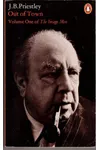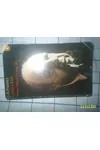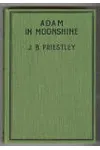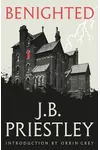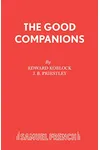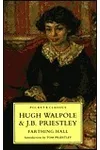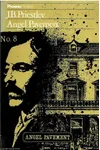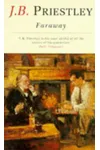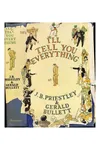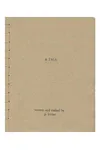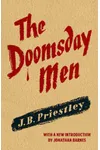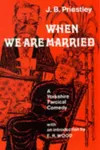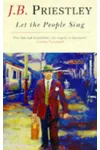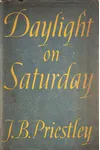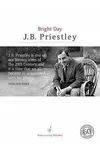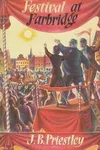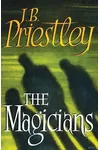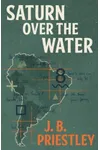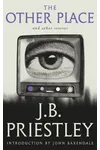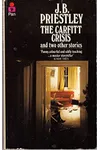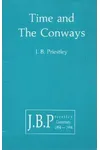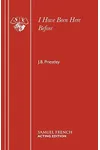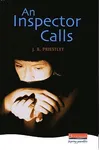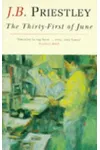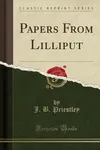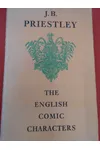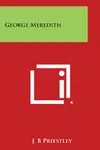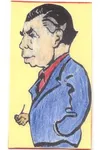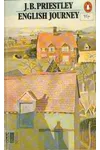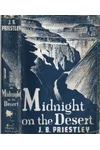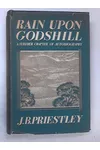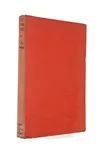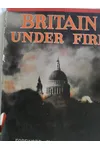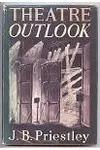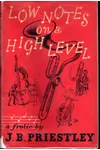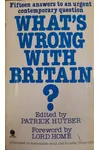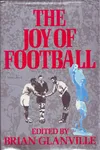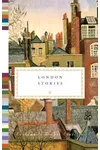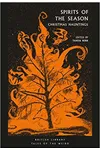Picture an English storyteller who spun tales of ordinary lives with extraordinary depth—meet J.B. Priestley! Born John Boynton Priestley in 1894, this versatile author crafted novels, plays, and essays that captured the heart of 20th-century Britain. From the heartwarming journey of The Good Companions to the gripping social critique of An Inspector Calls, Priestley’s work blends entertainment with sharp insights into society and the human condition.
With a knack for storytelling that feels like a cozy chat by the fire, Priestley’s legacy as a novelist, playwright, and social commentator endures. His ability to make readers laugh, think, and question the world around them is what makes him a literary gem worth rediscovering.
The Making of J.B. Priestley
Born in Bradford, Yorkshire, on September 13, 1894, J.B. Priestley grew up in a working-class family with a love for books and ideas. After serving in World War I, an experience that shaped his views on society, he studied at Cambridge and began writing. His early career as a journalist and essayist honed his witty, accessible style, paving the way for his breakout as a novelist and playwright. Influenced by the industrial North and the social upheavals of his time, Priestley’s writing often reflected a deep empathy for everyday people.
J.B. Priestley’s Unforgettable Stories
Priestley’s novels and plays are a delightful mix of humor, heart, and social commentary. His 1929 novel The Good Companions follows a traveling troupe of performers, weaving a warm, sprawling tale of friendship and resilience that won the James Tait Black Memorial Prize. In contrast, his 1932 novel Dangerous Corner explores truth and deception, showcasing his knack for psychological drama.
His 1945 play An Inspector Calls is perhaps his most enduring work. This gripping drama about a mysterious inspector exposing a family’s moral failings is a masterclass in social critique, still studied and performed worldwide. Priestley’s style—clear, engaging, and layered with meaning—often used time slips and moral dilemmas to challenge audiences to reflect on their values. His essays, like those in English Journey (1934), offer a vivid snapshot of Britain’s social landscape, blending travelogue with sharp observations.
Whether crafting a sprawling novel or a taut play, Priestley had a gift for making the ordinary profound. His themes of community, responsibility, and the passage of time resonate across generations, delivered with a wit that keeps readers and theatergoers hooked.
Why J.B. Priestley Matters
J.B. Priestley’s impact on literature and theater is undeniable. His works, especially An Inspector Calls, remain staples in schools and theaters, sparking discussions about social justice and personal responsibility. As a broadcaster during World War II, his BBC radio talks lifted British spirits, cementing his role as a cultural voice. Priestley’s ability to blend popular storytelling with intellectual depth made him a bridge between high art and everyday readers.
His legacy lives on in the way his stories continue to inspire empathy and critical thinking. In a world still grappling with inequality and division, Priestley’s call for collective responsibility feels as urgent as ever. He wasn’t just a writer—he was a mirror for society, reflecting its flaws and possibilities with warmth and wisdom.
- Born: September 13, 1894, Bradford, Yorkshire
- Key Works: The Good Companions, An Inspector Calls, English Journey
- Awards: James Tait Black Memorial Prize (1929)
- Died: August 14, 1984
Ready to dive into Priestley’s world? Snag a copy of An Inspector Calls or The Good Companions and lose yourself in his witty, thought-provoking stories!
